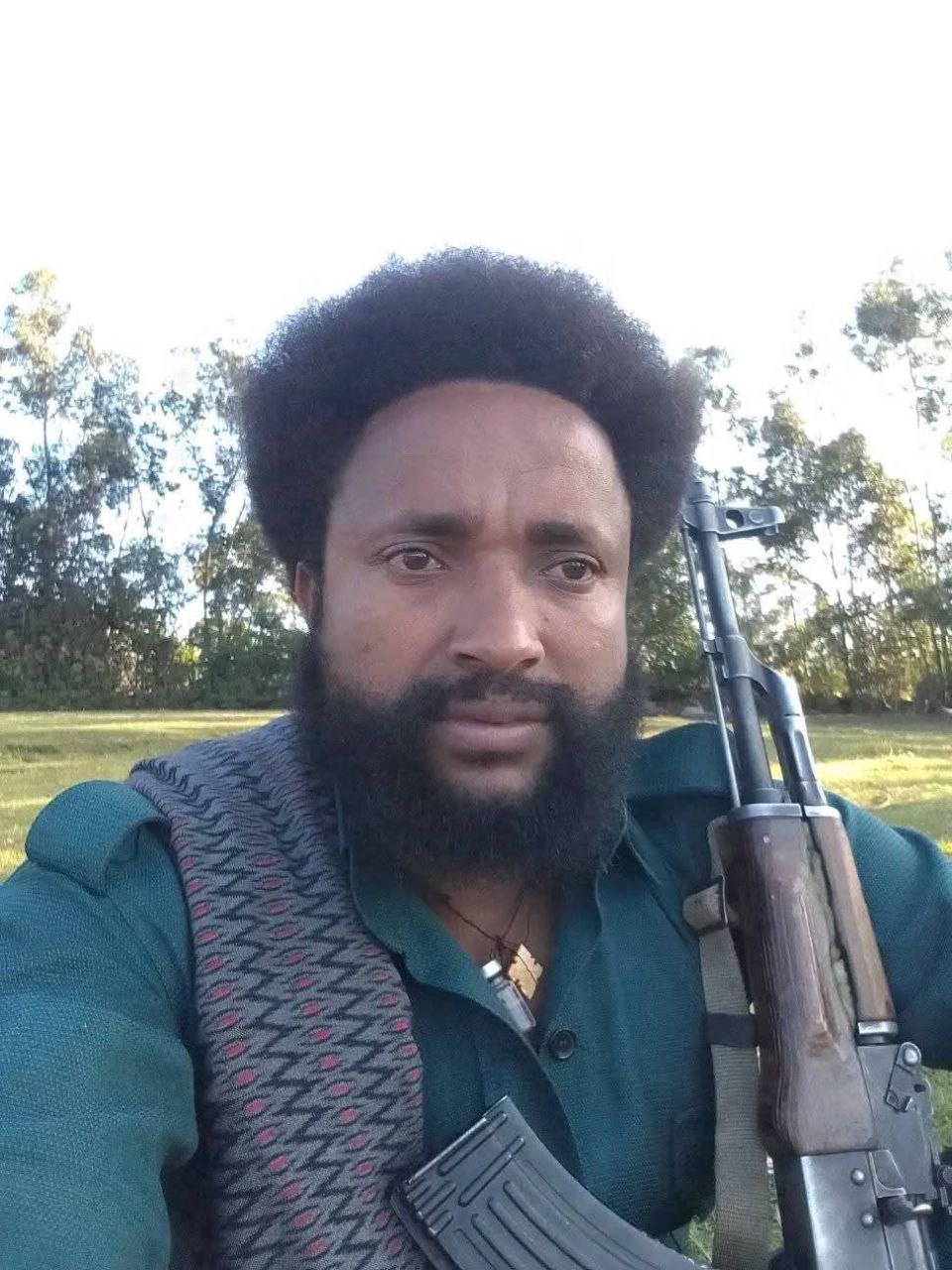Are Ethiopians learning from history?
Solomon Hailemariam
What is happening in Ethiopia is mesmerizing for all Ethiopians and now for Eritreans as well. History is in the making and unfolding. So many of us are absorbed by what is going on in Ethiopia. Some of my friends tell me that they have been having sleepless night for the last 100 days as the result of the new prime minister in Ethiopia. I know many Ethiopians have been following what is going on in Ethiopia for over 30 years. But the intensity and dramatic events happening in Ethiopia right now are monumental, and may be comparable to the colossal 1974 popular revolution which toppled the Emperor Haileselassie and ended the so called Solomonic Dynasty.
One of my other friends said “we need break from the breaking news”. It is indeed a phenomenal time for many Ethiopians both inside Ethiopia and in the diaspora.
Such a time is an inspiration for poets, writers and artist and one can see many artistic productions related to the current events. Some of the famous media networks in the world are even reporting about Ethiopia and in a positive manner..
Ethiopians sustained unimaginable suffering for many decades as a result of mal administration, poor policy, poverty, lack of tolerance and respect for one another, arrogance, disease and lack of education. Ethiopia is not unique in facing such adversity. Most countries in the world have suffered similar hardship at some point in their history. Nonetheless, what makes Ethiopia unique is our stubbornness, our refusal to learn from our own past history or from the world history.
In March 2016, in one of my articles under the title of “The Oromo Revolt: Time for a paradigm shift for all of us “http://www.ethiomedia.com/1011issues/5175.html I tried to indicate some of our own recent historical events we should remember at this historical juncture:
“The Emperor was advised by his closer associates and advisors to introduce a constitutional monarchy again and again. He has refused to do so because he thought that, without him; no one could lead the country properly. He thought without him the country would crumble and all his efforts would be in vain. There was an attempted coup in 1960 and after 14 years, he had to go violently. Almost all his legacies and his people have disappeared.
Obviously, dictators never learn from the past, even their immediate predecessor, the military dictators were also advised to negotiate with the rebels and introduce dramatic change to the country. They introduced a ‘mixed economy’ at the 11th hour but the change was too little and too late. There was another attempted coup in 1989 and the junta was not worried by it as it was able to control it. The junta thought so long as the military continued with its brutal rule; it could stay in power indefinitely. We all know what happened to the regime and even to the country after its famous collapse.
Both regimes could have reversed history to some extent and could have helped the country move so many steps forward. That didn’t happen. Now we are faced with an almost similar situation.”…
The evidence of the last 100 days indicates that Ethiopia is moving quickly to re-assert principles of democracy and effective statehood. These include protecting the rule of law, making peace with a neighbouring state and establishing a parliamentary democracy.
England’s Magna Carta, signed in 1215 by King John ensured that even the King had to follow the law of the land and the rights of individuals could be guaranteed even when the king objected.In Ethiopia we don’t have king and in fact, I don’t want to have one in our country, no, never! But the new prime minister, Abiy Ahmed, promised in his series of speeches the all important elements necessary to institutionalize democracy in Ethiopia. For instance, he promised that the Prime Minister’s term in office will be limited to two terms. He promised an independent judiciary, free, fair and independent elections, the state apparatus to be independent of the political parties and he called opposition parties “brothers and competing parties”. In a country where opposition parties have been considered “enemy” this was revolutionary.
It is not just a series of paper promises; he has already started delivering on them. Abiy Ahmed in office for only 100 days, has already introduced a number of reforms which rocked the status quo. He invited all competing parties including those who had been labelled “terrorist” by the former government. He released thousands of political prisoners including journalists and religious leaders. He openly admitted that the government used “terrorism to remain in power”.
History has shown us that even longstanding wars between neighboring countries can be brought to an end by treaties.
Abiy made history when he struck a peace deal with Eritrea after 20 years where almost 100,000 people died in both sides in the brutal war between the two closely-related countries. The new prime minister of Ethiopia seems to understand the value of peace and reconciliation. He has been extending an olive branch to all oppositions at home and abroad. Even those who thought they could succeed using a military option have got a chance now to promote their cause peacefully, OLF, ONLF and Ginbot 7 are the cases in point.
We, Africans in general, Ethiopians in particular are not cursed to fight each other, to hate each other eternally. If Europeans and many other peoples have been able to bring to a close the age of hate, conflict and brutality long ago, why not us? Why do we hate each other? Is it because of poverty? If we forgive each other and if we choose peace, as Prime Minister Abiy put it “we have enough for all of us”. There are many examples in history – Why don’t we learn from them?
Ethiopian has got a unique opportunity now to sit down and discuss its political problems. If groups think they cannot live under the umbrella of the current Ethiopian political system, they have to put their options and that alternative views should be discussed in a matured and farsighted manner. We should stop hasty generalization and open a new chapter of tolerance and understanding.
Groups and political parties don’t need to agree in all issues. If they don’t agree, they need to bring the issue to the general public and the people shall decide.
Ethiopia is a religious country and many thinks that the new prime minister is God-given to bring peace and reconciliation to the country. Whether the new PM is God-given or not, one thing is clear, history has given Ethiopians a new chance for peace and reconciliation. It is up to us to grab the opportunity and work for peace and reconciliation.
The current peaceful revolution from within in Ethiopia, seemed to destroy the chance of TPLF’s absolute political power and opens the door to the possibility of parliamentary democracy. In fact, I don’t think TPLF, OPDO or any other groups or political power can or will have absolute power in Ethiopia any more. On June23, 2018 about 4 million people rally for Ethiopian new pm. The rally was an expression of Ethiopian people determination to protect the notion of democracy in the country.
The new PM, in his 100 days, changed the political lexicon in Ethiopia from toxic to healthy. He has changed the tone of political speech. He acknowledged the vital role played by women in Ethiopian society, he encouraged privatization and inclusiveness. He did in 100 days what others haven’t done in decades. He encouraged people to look beyond their villages. He is indeed a visionary leader who is a cut above the ordinary politician.
The new PM and his team are now expected to start institutionalizing the pillars of democracy in Ethiopia. History is in the making in Ethiopia as I am writing and as you are reading. We have to wait and see if the new PM will end up as the Soviet Union Mikhail Gorbachev or as Nelson Mandela. His name has already been added to one of these people in history in Ethiopia.
Those who threw grenade on 23 June at the cheering crowd of millions can be part of the era of peace and reconciliation. They can express their point not by grenade but in a civilized manner in a round table discussion. The era of grenade should end here. We need to have the rule of law, a parliamentary democracy and treaties with our neighbors and these will help to end all the evils from our society and bring peace, reconciliation and prosperity. Hate, conflict and negative thought should end here and love, peace and reconciliation should start as the new Prime Minister Abiy emphasized.
The writer can be reached at: he7solomon@gmail.com



























